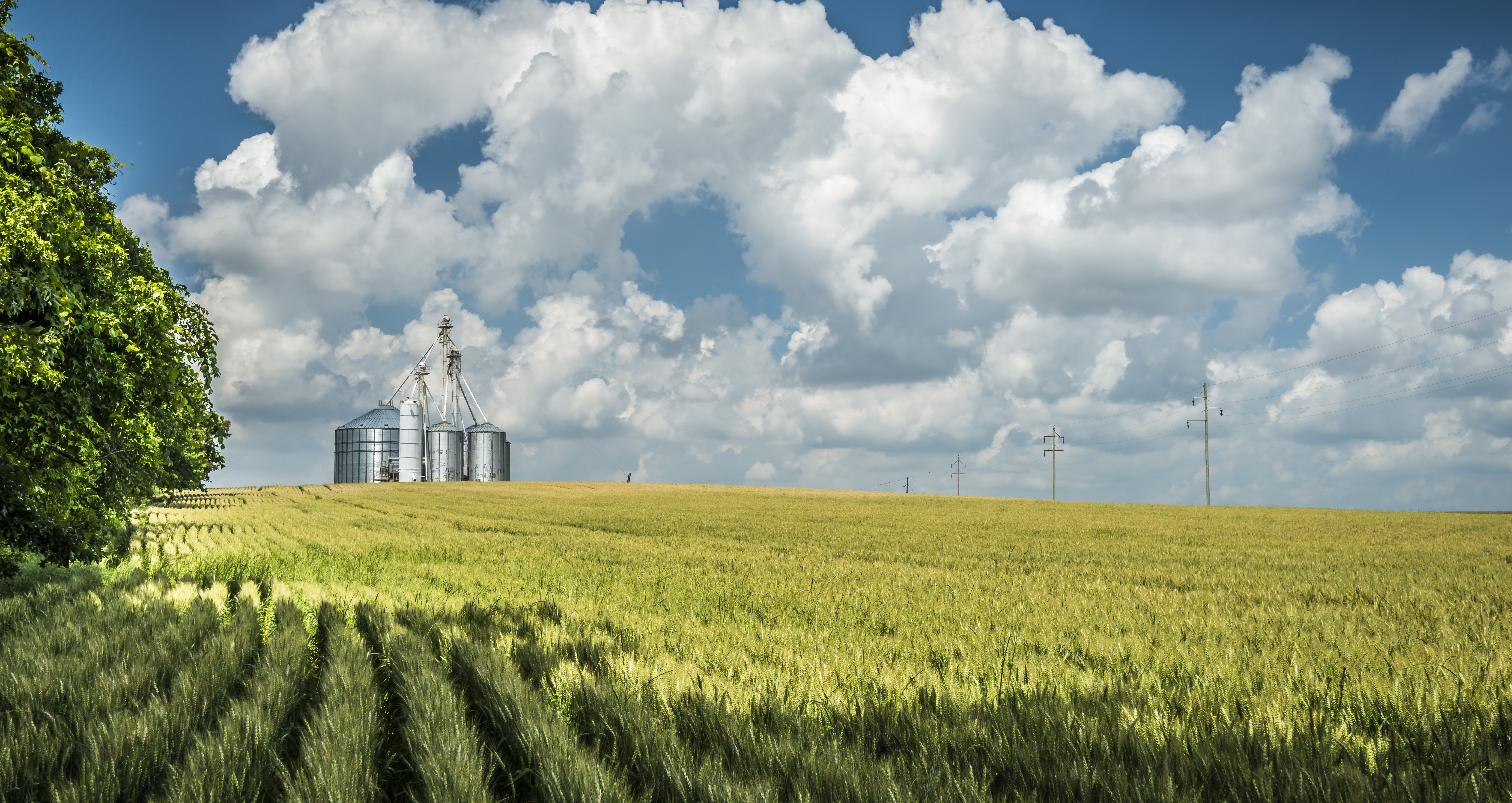



Canada's 2021 budget to include climate action for the ag sector
Budget 2021 is the Government of Canada's plan to finish the fight against COVID-19 and ensure Canada remains on a robust economic footing - and climate-friendly agriculture is a key strategy.










